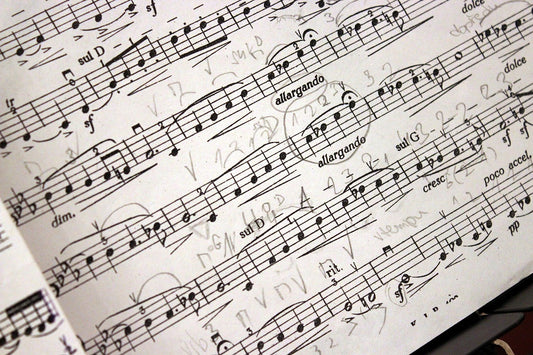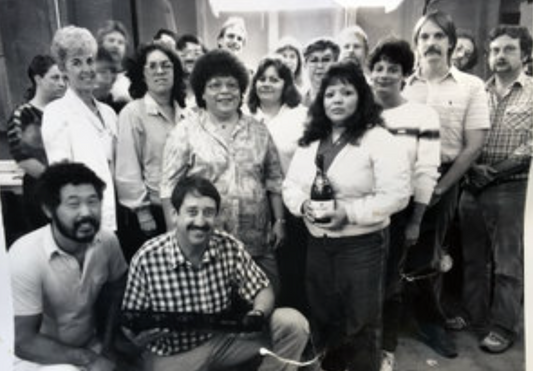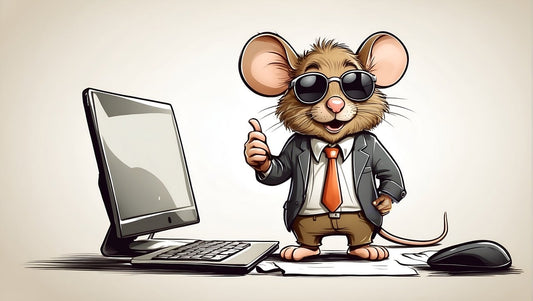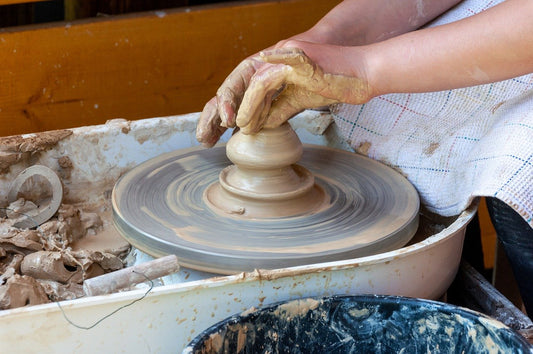Longevity
by Paul McGowan
There's a price to be paid for anything we do. Yesterday's post suggesting you keep your equipment on for better performance can be a double edged sword: better sound but a change in the unit's longevity, for both better and the worse.
Heat and surges are the enemy of capacitors. Sitting on a shelf doesn't help them either. If you want to be a good steward of a capacitor, keep it charged up and on but away from heat. A good example of a properly treated capacitor can be found in an interconnect like that of Audioquest in their DBS system. There a battery maintains a constant charge on the dielectric of the cable. A capacitor is formed when a dielectric (insulator) is closely coupled with a conductor (wire). It's good to keep capacitors and cables alive.
Turn-on surges are not happy affairs for equipment either. Every time you hit that power switch to fire up your product it goes from dead to alive quickly, stressing it out, much in the same way Frankenstein was shocked into life (and we all remember his mood). leaving equipment constantly on eliminates this issue and helps the equipment's longevity (and Frankie's mood).
Several of you wrote to me with tales of woe from swollen capacitors and damaged equipment that would be less injured had it been left off. The lesson here is not to be sparing with your on-time, rather, buy products designed well enough to handle doing what they were intended to do. But I understand that's a crapshoot where the stakes are high.
Yes there are circumstances one doesn't want to leave equipment on: if it has tubes, if it's class A and chewing through too many watts, if it's old, unknown and irreplaceable. But, for the most part, leave her on.
She'll be happier and you as well.
- Choosing a selection results in a full page refresh.
- Opens in a new window.








